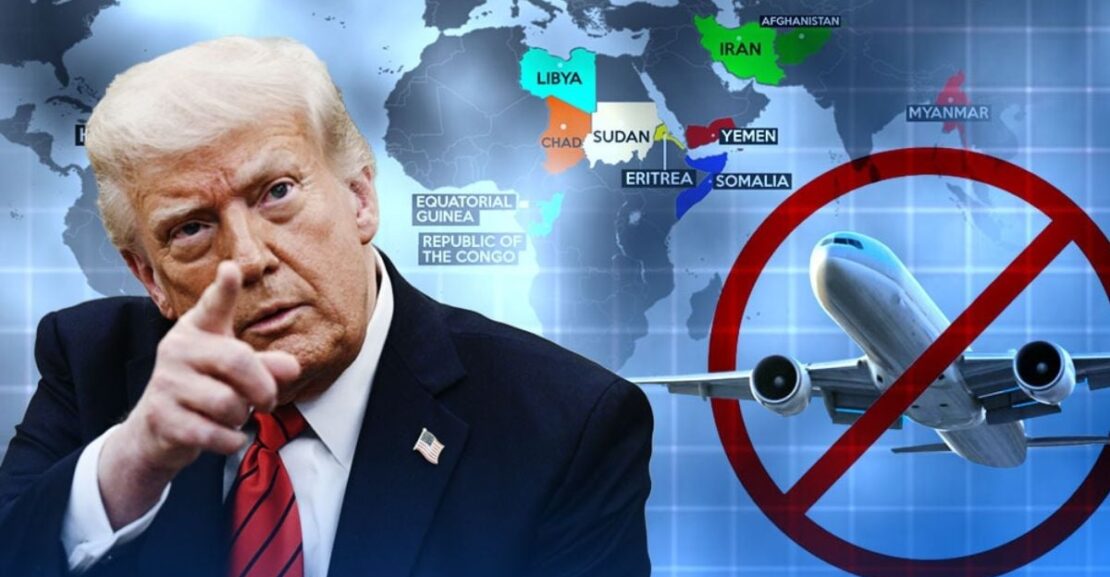The administration of US President Donald Trump is weighing a sweeping expansion of its travel ban with a potential prohibition on entry for citizens of 36 additional countries, according to an internal State Department cable reviewed by Reuters.
Earlier this month, Trump signed a proclamation barring citizens from 12 countries from entering the United States, citing national security and terrorism-related threats. The move was part of a broader immigration crackdown launched in the early months of his second term, which has included the deportation to El Salvador of hundreds of Venezuelans suspected of being gang members, as well as efforts to deny enrollment of some foreign students from US universities and deport others.
STORY CONTINUES BELOW THIS AD
The administration’s latest proposal, revealed in a cable signed by Secretary of State Marco Rubio, identifies 36 nations deemed “countries of concern” that could face full or partial entry suspensions if they fail to meet US requirements within 60 days. The Washington Post was the first to report on the cable.
Among the concerns cited were governments’ failure to issue reliable identity documents, lack of cooperation in accepting deported nationals, visa overstays and past involvement of some citizens in terrorist or anti-American activities. The cable noted that not every concern applied to each of the countries listed.
Some countries, the cable said, were not cooperative in facilitating the removal of its nationals from the United States who were ordered to be removed. Some countries were overstaying the U.S. visas their citizens were being granted.
Other reasons for concern were the nationals of the country were involved in acts of terrorism in the United States, or antisemitic and anti-American activity.
The cable noted that not all of these concerns pertained to every country listed.
The countries that could face a full or a partial ban if they do not address these concerns within the next 60 days are: Angola, Antigua and Barbuda, Benin, Bhutan, Burkina Faso, Cabo Verde, Cambodia, Cameroon, Cote D’Ivoire, Democratic Republic of Congo, Djibouti, Dominica, Ethiopia, Egypt, Gabon, The Gambia, Ghana, Kyrgyzstan, Liberia, Malawi, Mauritania, Niger, Nigeria, Saint Kitts and Nevis, Saint Lucia, Sao Tome and Principe, Senegal, South Sudan, Syria, Tanzania, Tonga, Tuvalu, Uganda, Vanuatu, Zambia, and Zimbabwe.
STORY CONTINUES BELOW THIS AD
That would be a significant expansion of the ban that came into effect earlier this month. The countries affected were Afghanistan, Myanmar, Chad, Congo Republic, Equatorial Guinea, Eritrea, Haiti, Iran, Libya, Somalia, Sudan and Yemen.
The entry of people from seven other countries – Burundi, Cuba, Laos, Sierra Leone, Togo, Turkmenistan and Venezuela – has also been partially restricted.
During his first in office, Trump announced a ban on travelers from seven Muslim-majority nations, a policy that went through several iterations before it was upheld by the Supreme Court in 2018.
With inputs from agencies

